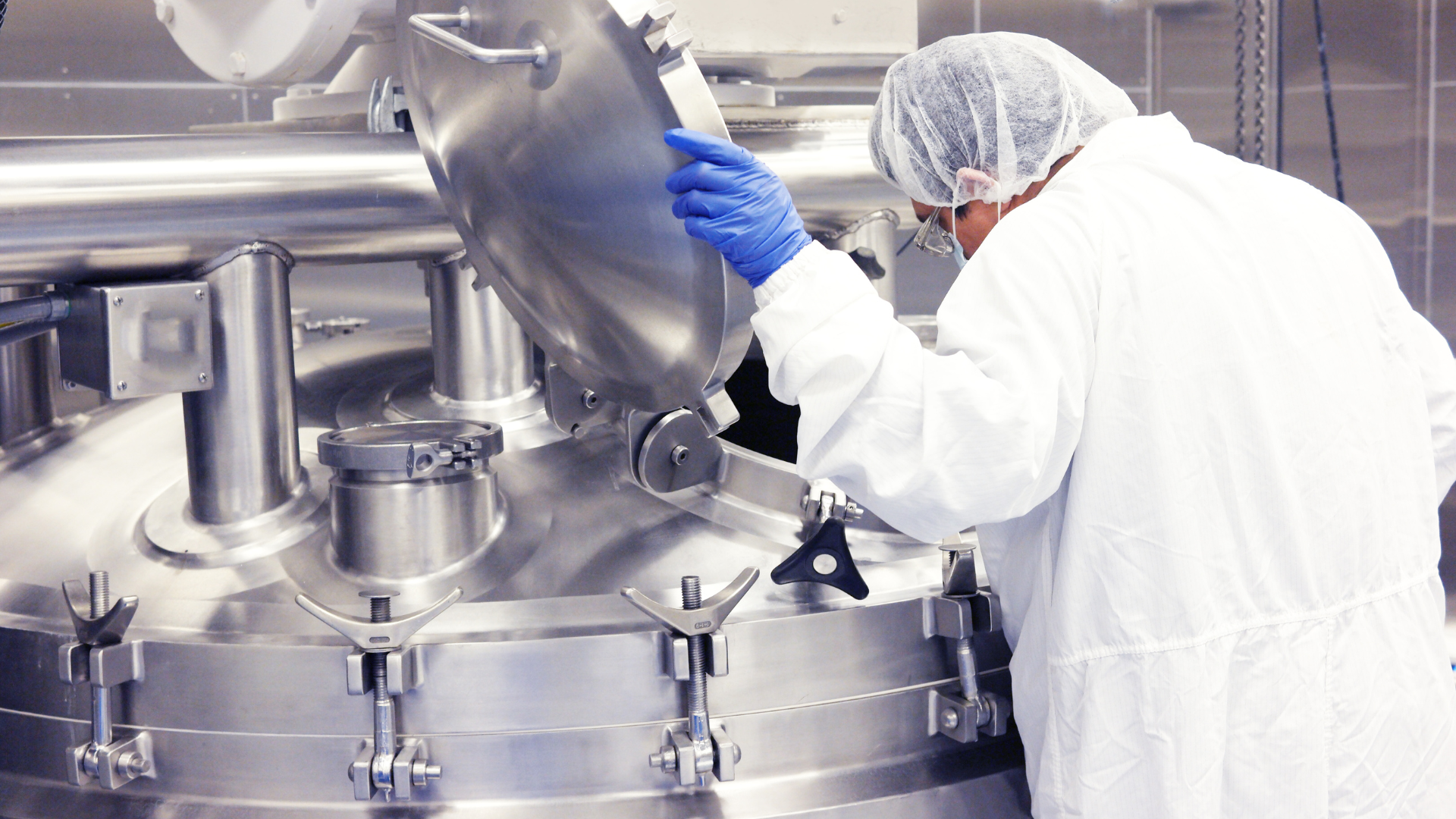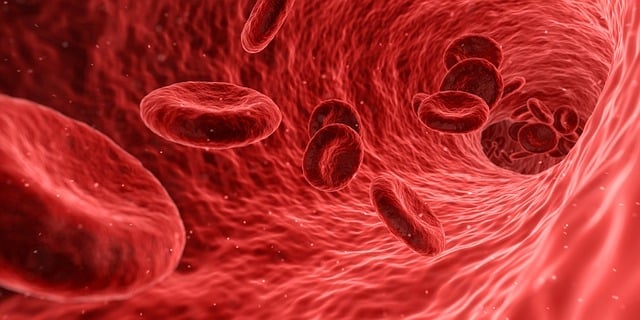Funding Boost Announced for Experimental Cancer Medicine Centres

A £43m funding boost has been announced for specialised medical centres focused on finding new cancer treatments for children and adults.
The additional funding will go towards providing new support for doctors, scientists and researchers across the UK's Experimental Cancer Medicine Centre (ECMC) network over the next five years.
The partnership – a network of 18 adult and 11 paediatric ‘virtual' centres across Englandm Scotland, Wales and Northern Ireland – aims to bring together lab-based scientists and clinical researchers.
Dr Iain Foulkes, Executive Director for Research &Innovation at Cancer Research UK, was quoted in the Guardian as saying the expansion of the ECMC network would bring together ‘vast medical and scientific expertise' focused on helping to move the latest scientific discoveries into clinical treatments.
Each year in the UK, about 4,200 children and young people are diagnosed with cancer. If early clinical trials show that new drugs are effective, the medicines can progress to become the treatments of the future for younger generations.
- Overcoming Regulatory Hurdles and Working With GMPs
- 3D Bioprinting Approaches: Manufacturing Living Tissue
- Pitfalls to Avoid in Cell Therapy Production
One ECMC is based in Oxford and focuses on individualising patient care through applying discoveries in cancer biology to the development of experimental cancer medicine approaches.
The end goal for these treatments – if successful – will be approval for clinical use in cancer patients by the Medicines and Healthcare Regulatory Agency (MHRA).
Potential treatments on trial include CAR-T cell therapies and checkpoint inhibitors, which aim to support the body's immune system in coordinating a response to certain cancers.
Examples from outside the ECMC include last year's approval of the precision medicine olaparib for patients with high-risk, early stage breast cancer.
Other cellular therapies on the horizon include immunoconjugates – highly specific targeting proteins which directly inhibit target cancer cells while minimising damage to the host.
Get your weekly dose of industry news and announcements here, or head over to our Cell portal to catch up with the latest advances in cellular therapies.







